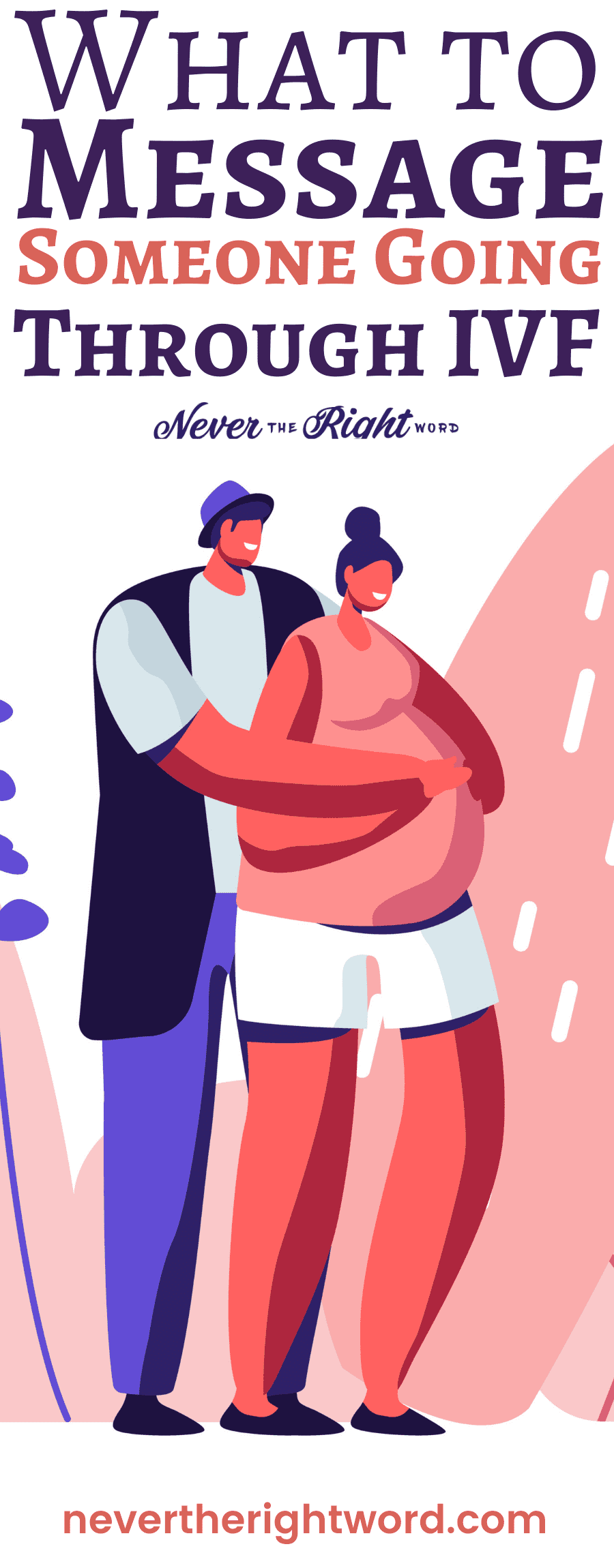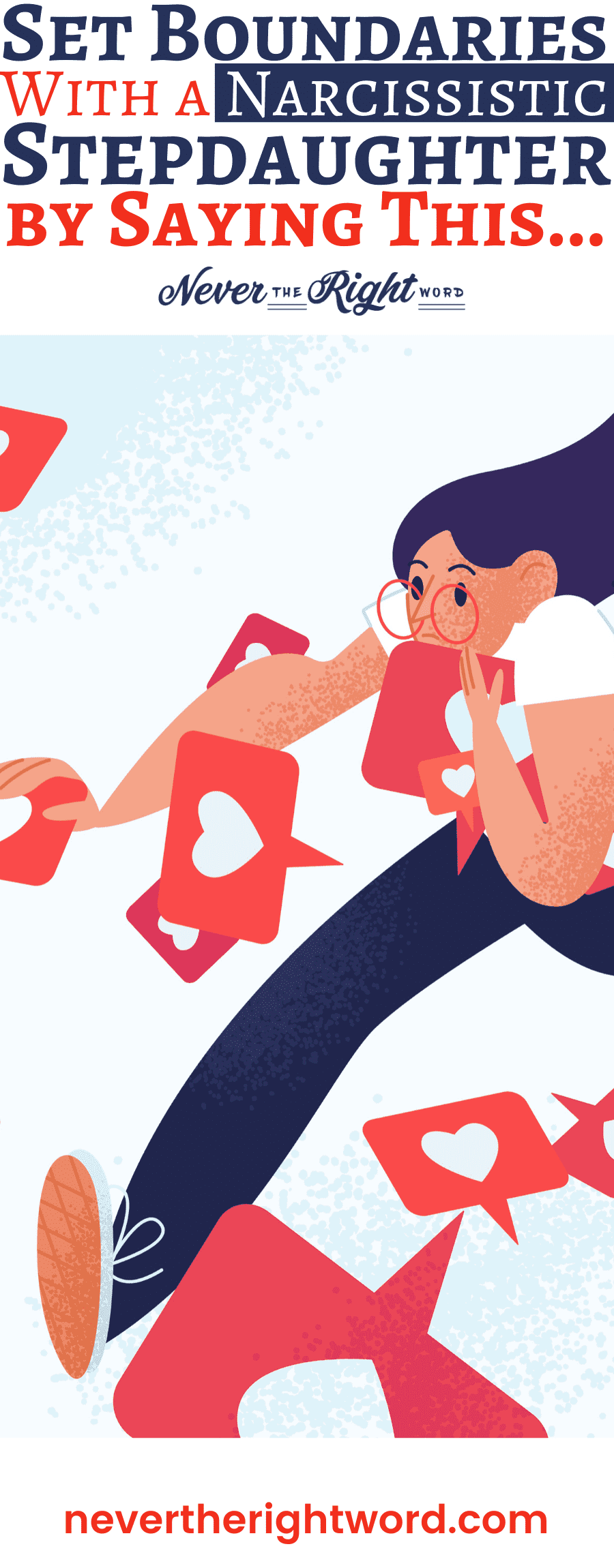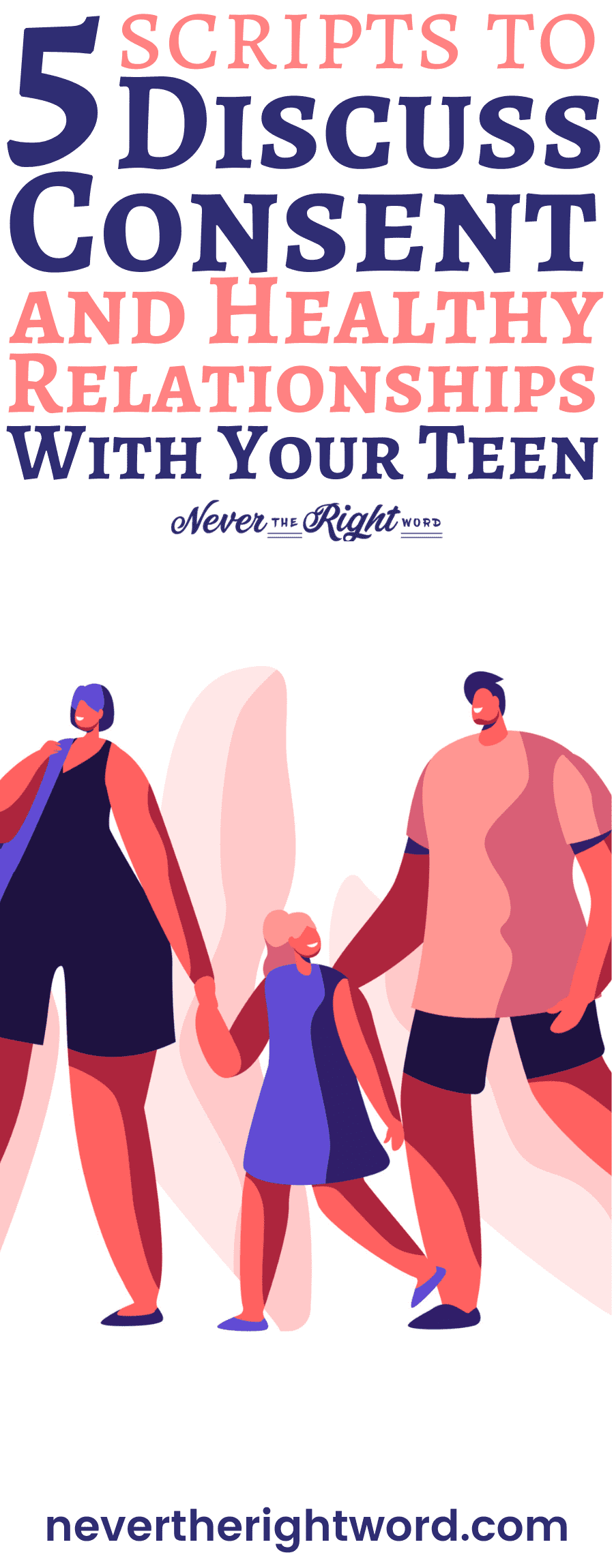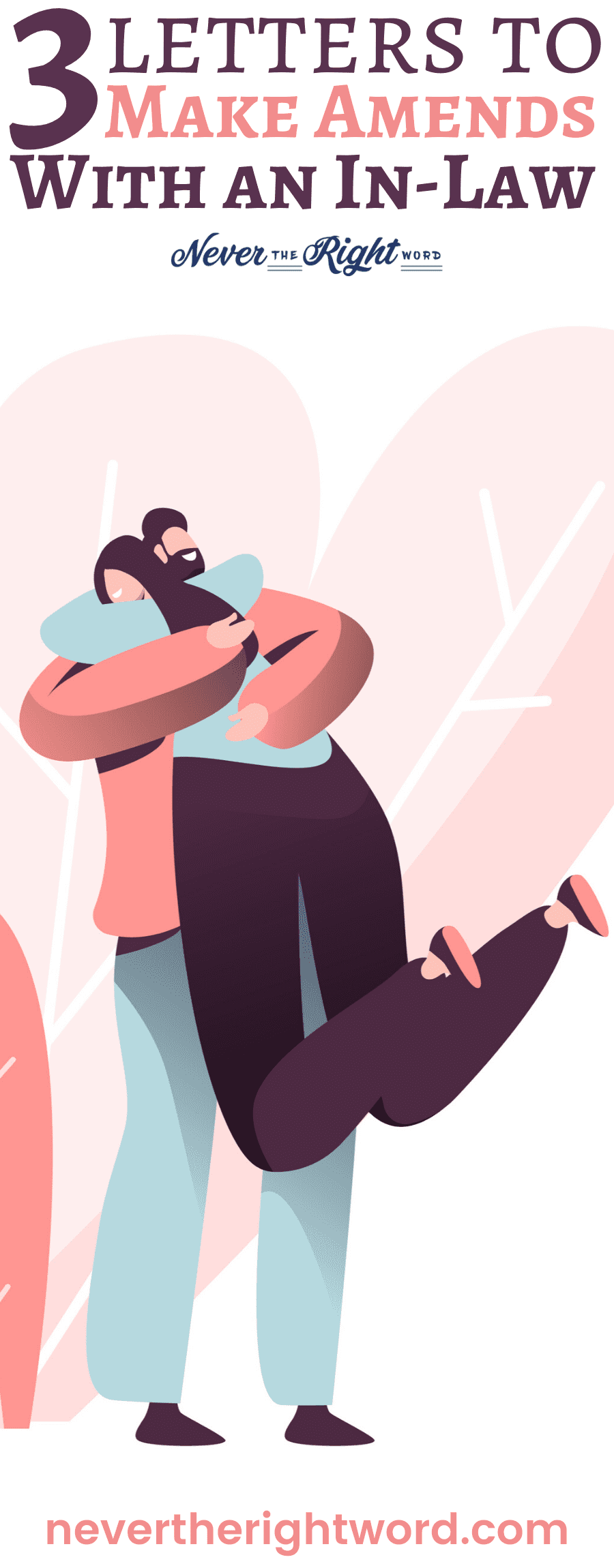How to Ensure Your Adopted and Biological Children Bond
Adopting a child is one of the most rewarding things anyone can do in their life. Getting a new brother or sister can be a huge transition for any child, especially when this new sibling does not look like the family and has a different history. Your adoptive child may have some concerns or traumas that they will need to work through, which may be an alien concept to a child who has had a straightforward upbringing.
To add to this, your adoptive child will have a transition period whether they will begin the process of integrating into their new adoptive family. This may be smooth, or it may be turbulent at times. Humans are inherently resistant to change, so it wouldn’t be unusual to find this process challenging. You have come to this article because you want to ensure that both children are as comfortable as possible during this period of adjustment. So, let’s get to it.
Establishing a bond between your biological and adopted child is an important step in ensuring that both children adjust to the new family dynamic.
To achieve this, you should explain to both your biological and adopted child there are some children born to parents who cannot keep them in their lives, and therefore these children need a parent who will love and accept them and to make them a part of a family.
Because you have plenty of love to share, you (and your partner, if applicable) have decided to be a parent to one (or more) of these children. You love to have them, and you want to make them a part of your family, even if they do not share the same blood. It is crucial to communicate to both your children that they have equal value, and you love them both.
For your biological child, communicate that it’s normal to feel strange for a while, as they are getting used to having a new sibling. This is particularly true if your adoptive child behaves in a way that unsettles your biological child or is having a hard time getting used to the family.
It is normal for a child to feel threatened by a new sibling, whether they are from the same parents or not. Appreciate your biological child’s reservations, and do not force the bonding process. Allow them to come to terms with the changes in their own time but keep a check on their behavior and encourage inclusivity.
For your adoptive child, you’ll want to communicate the same thing. If your biological child exhibits resistive behavior, tell your adopted child that it isn’t their fault or a reflection of their worth. Their sibling is having a hard time getting used to the changes, but in time they will get to know each other better and feel more comfortable.
Find commonalities between the children that will help them bond. Maybe they like some of the same games or foods; you want to encourage both children to find something they both love that they can share. You also want to create a safe space where they can both express themselves in private and to one another.
There will be a few children who might not need a further explanation and reassurance, while there will be some who will require you to break down the specifics for them. There is no guarantee or hard and fast rules about how children may react to adoption.
Whether they have a positive or negative reaction, the best thing to do is maintain patience, accept their feelings, and keep an open line of communication. Allow the children to talk about how they’re feeling but ensure that they don’t direct hurtful comments at one another. We’re now going to take a look at what to do in further detail.
Explaining Adoption to an Adopted Child
First and foremost, let your adopted child know that they are valuable to you. Showing your adopted child they are unique and essential part of your family, will make them feel secure. This is because, when a child finds that they are adopted, they tend to feel they are not an integral part of the family and do not belong there, with their other siblings. They might not be aware of their true feeling, but their actions will tell you that something is wrong.
To establish value and to make them feel secure, you can start by sharing the story about how you adopted them. Your reasoning behind their adoption will help them to understand your love and thus making them feel more secure and valued.
Help Them Understand That They Fit In
Since they are not your biological children, they might not know where exactly they fit in your family. Sure, they might get love from you and will feel secure, but they will not feel that they are a good fit for your family. To best explain adoption, you should try to see from their point of view. What they might be feeling and what it would be like for them?
This becomes all the more important during a situation when you adopted a child who is of a different race and ethnicity. Being a parent, you would know that race and ethnicity do make any difference, however, the child may feel uncomfortable.
Therefore, it is imperative that they understand where they fit in the family. How they make a difference to your family and how can they be a part of the family, they did not born into? Moreover, make sure that you do not force anything on your adopted child. Acceptance and change take time. Therefore, give them the space they need.
Get Children Reading About Adoption
The following are some of the best books on adoption. These endearing children’s books introduce adoption to young children through a mix of stories about animal and human families. However, the intent of each book is the same. To explain, children understand the whys and what’s of adoption in a better way. Click the title to purchase the book on Amazon or copy and paste to save the entire list for later.
A Mother for Choco – Go to Amazon
I Wished for You: An Adoption Story – Go to Amazon
Nutmeg Gets Adopted – Go to Amazon
We Belong Together: A Book About Adoption and Families – Go to Amazon
Geoff the Green Hippo: A Children’s Book about Adoption – Go to Amazon
A Safe Place for Rufus – Go to Amazon
Tell Me Again About the Night I Was Born – Go to Amazon
And Tango Makes Three – Go to Amazon
Rosie’s Family; An adoption story – Go to Amazon
You’re a Star: A Childs Guide to Self-Esteem – Go to Amazon
Get External Support
If you are not successful in helping your child understand, then going to adoption meetings and getting help from other parents can also be very helpful. The understanding of adoption in a child can grow when they spend more amount of time with other children who have been adopted. Other parents can help you devise new ways to help your child understand adoption in a better way.
Explaining Adoption to the Child Birth Sibling of an Adopted Child
Apart from explaining adoption to the child who has been adopted, you will also need to help the sibling of an adopted child understand the new family dynamics and changes that they’ll be going through with a new sibling. Having a new sibling all of a sudden is not an easy thing, more so, when they don’t have the same biological parents like you.
The child may be upset or excited to have a new sibling. However, before you explain everything, make sure that you do not force anything on them. They are okay to be not okay with the newly adopted child. As a parent, you’ll need to see that both children are going through an adjustment period, and rest assured this is completely normal. Make it clear to your biological child that you have more than enough love and resources to go around and that they shouldn’t fear their needs being ignored because of the presence of another child.
Explain to them that things might feel a little odd for a while and that this is a normal process of getting to know each other. Lastly, make sure your child knows that they can come and talk to you any time if they have any thoughts, feelings, or concerns. It’s normal for a child (or adult, for that matter) to display an array of emotions in response to significant life changes, and you’ll need to be there emotionally to support your biological child through the growing pains.
If your adoptive child and biological child look or act very different, make it clear to them that neither way is better than the other. In the act of defensiveness, it’s human nature to try and find fault in the people we feel threatened by. If either of your children feels jealous or threatened by one another, there may be occasions where you notice defensive behaviors and ‘Shadows’ raising their heads.
Don’t panic, and face negative emotions from either child head-on. How do you combat fear? With love. Every time. Both children should regularly be affirmed that they’re both unique, special, and beautiful in your eyes, and their differences are to be celebrated.
Illustrations courtesy of Shutterstock.
This article was originally published on https://www.nevertherightword.com. If this article appears on any other site other than https://www.nevertherightword.com without clear referencing it is a violation of the copyright owned by https://www.nevertherightword.com.
This article may contain affiliate links. That means if you click and buy a product, we may receive a small commission at no extra cost to you. Never the Right Word is a participant in the Awin Affiliates Program, an affiliate advertising program designed to provide a means for sites to earn advertising fees by advertising and linking to participating merchants. For more information, please view our Privacy Policy and Earnings Disclosure page.
Help Biological Children Understand Their Sibling’s Value
You might need to adopt some of the same steps with your biological child that you used to establish value with your adopted child. It might be a lot easier to explain things to your biological child as it was with your adopted child. Initially, your child may find it difficult to understand their adopted sibling, but sooner or later they will get used to it as they have the stability of being born into the family.
Help them understand that their sibling is as famous and an essential part of their family as they are. Teach them they are the same sibling that could have been born to you. Only being adopted does not make them any different.
Nip Jealousy in The Bud
To feel comfortable and more secure, it is imperative for your biological child to understand they are not being replaced with their adopted sibling. At times, they might doubt their credibility to the family, because of the way their adopted sibling came into their family. For them to understand that they are not losing their value because parents adopted someone else, can be difficult.
Make sure you tell them they are as valuable and loved as they were before you adopted a child and ensure that they feel the same way as well. Making them feel your love is a crucial part to help them prevent feelings of abandonment.
Get Your Biological Child Reading Up About Adoption
Following is the list of books that can a biological child understand the adoption of their adopted sibling:
The Mulberry Bird by Anne Braff Brodzinsky – Go to Amazon
Motherbridge of Love by Xinran – Go to Amazon
Rogers-Let’s Talk About It: Adoption by Fred Rogers – Go to Amazon
The Rainbow Egg by Linda Hendricks – Go to Amazon
In My Heart by Molly Bang – Go to Amazon
Sam’s Sister by Juliet Bond – Go to Amazon
How Does My Adopted Child Feel?
Adopting someone is an excellent thing. However, there can be a few repercussions as well. They are getting to understand what it means to be given away. As many do, even they might feel abandoned. Some of the parents might think, “I provide them with enough love and they will not feel like being abandoned anymore”. However, only a few loves and kisses are not going to helpfully.
Within the first seven years of their lives. children make connections with others that will have an effect on who they will be in there adult age. This is the age when they need the most structure and stability in their life. When children reach preschoolers age, they should have started to develop some patterns and habits of these structures and stability. If taken away from their environment, it can be frustrating and confusing for their growth. Therefore, it is important to be patient with them.
Helping them understand and deal with adoption can be challenging. As a matter of fact, some parents gave them away because they could not keep them and while others gave them up because they did not want them. In both cases, children know their parents are not their parents anymore. Such an attitude can make them feel abandoned.
Do Children Understand Adoption?
Do my children really understand adoption? You may ask. You might always have the question of whether your child understood what you were trying to explain it to them. There is minimal possibility that they might have understood what you were trying to explain to them, but if they begin to calm down, you will know they recognized a lot of it.
Do not get worried if your child isn’t responding immediately. Both of your biological and adopted children will act as if they belong because they actually feel like they belong. Once they understand how and why children are pretty good at making the adjustment. Usually, 4 – 6 years old have problems and issues with change.
Understand that they are really young, and might need you to explain their adoption for more than once. Maybe every day as well. Their brain is still under development and thus will take time to understand it completely.
Once they get used to the idea of adoption, they will get a better understanding. Therefore, talk to them about adoption sooner rather later, so they can get used to it as soon as possible.
How to Deal With Your Adopted Child’s Fears, Sadness and Concerns
What about children who are upset about being adopted? You may ask. First and foremost, do not press the panic button. Allow your child to express themselves and try to hear them out fully.
Ensure that you remind your child that no matter what you will always love them and they will remain a valued member of the family. Initially, they might have a negative feeling towards being adopted in a new family. However, with the passage of time and patience, things will start to fall into place.
And for things to sink in deep, a constant reminder is extremely important. Be patient with them and explain that everyone in the family loves and appreciates their presence. It is crucial to be positive, even when your adopted child is not. Gradually they will come around and accept themselves as a part of your family.
Remain calm. Regularly speak to them and be patient with them. Encourage them to share their feelings with you and if they are upset to provide them a sense of belongingness.
At times they will feel overwhelmed with all the emotions. As a parent, it is your duty to remain composed and guide your children. Once they get the stability, they will start accepting their adoption in your family. And when your adopted child already had a relationship with their birth mother, it will take even more time. Understand that things will not happen overnight.
They may feel sad in the beginning, but with constant love and guidance, it will slowly fade away. They will never be guilty about leaving their biological parents.
How to Deal With Outbursts and Rejection Towards You as a Parent
At times their actions and words will make you feel that the child does not want you as their parent. Initially, it might be true. However, with the passage of time, things will start to change and it is certainly not happening because you are a terrible parent. In anger, they may say something hurtful such as, “You are not my real parent, do not lecture me”.
It is important to remember, this is no reflection of your parenting abilities. It is because the child is hurt. They are probably getting to understand who they could have one set of parents’ last day and a new one, the next day. Or they might not realize that the situation is temporary. In both cases, it certainly not the case that they do not want to have you as a parent.
How to Start Off On The Right Foot
First and foremost, do not overdo anything. There are some parents who might go way overboard in bringing their adopted child into the family. Yes, make them feel loved and secured, but if they get all the attention – their siblings will feel neglected.
The best thing that you can do is to treat them as a part of your family. Do the same kind of things that you would do with all of your other children. If you give them all the importance, it might create an imbalance in your family. They become judgmental about how things will go, which can be detrimental at a later stage.
Make your adopted child feel welcome into the new home by providing the much-needed space. Allow them the freedom to do what the other kids do in your house. Offer them the same type of parenting that you offer to your other kids.
It is important to allow them to have a family that they did not have previously. Give them things that they would not have had if they were not adopted. One of the best ways to welcome them inside your family is to be a parent and family that they never really had in their life.
At Never the Right Word, our aim is to give you practical examples of how to handle life’s difficult conversations. If you have an awkward situation that you’d like example templates for, request a topic here.
If you’re interested in further reading, we’ve also included links to our trusted resources and related posts below. To find out more about NTRW and our recommended tools, you can do that here.
Lastly, if you found this content helpful or want to share your own examples, let us know in the comments. We’d also be delighted if you shared this article and joined us on social media too!

Never the Right Word
Hi there! I’m Amy, and I’m the person behind Never the Right Word. I’m a designer-by-day who’s fascinated by human psychology; you’ll find me learning about what makes others tick through all types of media and good old-fashioned conversation. Learn more about me here.
In 2019 Never the Right Word was born to fill the gap of ‘how-to’ websites with copy and paste examples showing you EXACTLY what you need to say to steer difficult conversations into positive outcomes.
Recent Articles...
Relevant Books We Recommend...

Domestic or international? Baby or older child? A child with special needs? The number of decisions you will need to make when deciding to adopt can at times seem overwhelming. The Everything® Parent’s Guide to Raising Your Adopted Child offers all the information any potential or newly adoptive parent might need. Parenting expert and adoptive parent Corrie Lynne Player has interviewed hundreds of adoptive parents and presents a cross-section of age, ethnicity, and cultural backgrounds to help you make the most informed decisions. CLICK HERE to get your copy from Book Depository.

In this unique blend of memoir and guidebook, Marcy shares with you the lessons her family has learned along the way, the problems that have nearly flattened them, and the way they’ve seen, and continue to hope for, good in each one. Marcy covers the greatest challenges, as revealed through her own experience as a foster mother, adoptive mother, and professional counselor. Whether you are considering foster parenting or adopting, or are already in it, then this book is your must-read resource. CLICK HERE to get your copy.

Why doesn’t our child return our love? What are we failing to understand? What are we failing to do? These questions can fill the minds of adoptive parents caring for wounded, traumatized children. Families often enter into this experience with high expectations for their child and for themselves but are broadsided by shattered assumptions. This book addresses the reality of those unmet expectations and offers validation and solutions for the challenges of parenting deeply traumatized and emotionally disturbed children. CLICK HERE to get your copy from Book Depository.

In her groundbreaking first book, Twenty Things Adopted Kids Wish Their Adoptive Parents Knew, Sherrie Eldridge gave voice to the very real concerns of adopted children, whose unique perspectives offered unprecedented insight. In this all-new companion volume, Eldridge goes beyond those insights and shifts her focus to parents, offering them much-needed encouragement and hope. Read real-life accounts from 100 adoptive parents who "get it." Learn how to speak your child's "heart language" fluently (different than yours). Soak in the words of love from your child from infancy to adulthood. CLICK HERE to get your copy from Book Depository.
Check Out Our Recommended Resources.
Looking to become a digital publisher like us? We highly recommend these tried-and-tested tools:
We Recommend Elegant Themes
The Elegant Themes membership gives you complete access to 87 amazing themes and 3 awesome plugins, including Divi, the ultimate WordPress Theme and Visual Page builder. Elegant Themes have been building the world's most popular WordPress themes for the past 10 years, and rest assured their products will always be improved and maintained.
Build Anything With Divi Theme
One of the most popular WordPress themes in the world. Building layouts is easy and fast, making it ideal to create mockups and wireframes, prototyping a design, and creating the website itself. Build from the frontend or backend. The builder is intuitive. It's easy to learn and can be used by non-developers to create amazing websites.
Customize With Divi Cake Plugins
Divi Cake’s main goal is to help the members of the Divi community find the perfect premium Divi themes, layouts, and plugins created by leading Divi developers and designers. Shop hundreds of premium Divi products like Divi child themes, Divi layouts, and Divi plugins on Divi Cake, the community-driven Divi Marketplace. Find out more about Divi Cake here.
We ❤️Shutterstock Media
We get our images from the OG in stock assets. Boost your business with the right images. They're royalty-free and ready to use. Footage & Music Libraries. 4k Images Added per Hour. No Daily Download Limit. Speedy Search & Discovery. With flexible plans and countless amounts of premium content uploaded weekly, we had to mention Shutterstock.
Skill-Up With LinkedIn Learning
When you want to enhance your professional skills with expert-led, online video tutorials, the only place to go is LinkedIn Learning (Lynda). With a subscription you get 24/7, unlimited access to over 13,000 business, design & tech online courses and with a free month. We like them because we get expert-led courses that we can access anytime, anywhere. What's not to love?
Reliable Hosting With SiteGround
SiteGround boasts a whole list of fantastic features at amazingly affordable prices. Along with multiple growth options, free site transfers and domains, built-in Content Delivery Network integrations, WordPress support, AND human support we wouldn't go to anyone else. They're basically faster, safer, and more supportive- you can check them out here.
We Trust Grammarly Premium
Even seasoned writers need a helping hand at times, that’s why we trust Grammarly Premium. As the World's Most Accurate Online Grammar Checker, Grammarly Premium goes beyond grammar to help you ensure that everything you write is clear, engaging, and professional. Try Grammarly Premium’s AI-powered assistant here.
Find Graphics With Creative Market
Creative Market is the world’s marketplace for design. Bring your creative projects to life with ready-to-use design assets from independent creators around the world. We love the unique finds, social media templates, vectors you name it they have it. I also doesn't hurt that our founder has a little store on there...
Powered by Creative Market
Powered by Creative Market
Contact Us
Follow NTRW
Support NTRW
Donating to Never the Right Word will
help us produce more free content. Thank you!




















